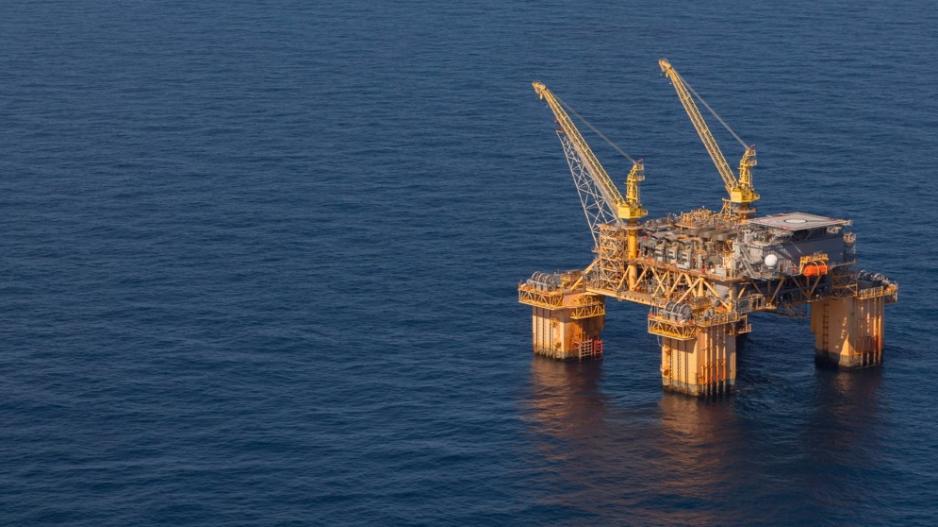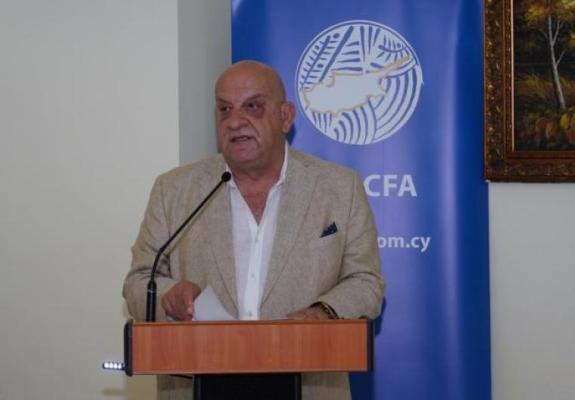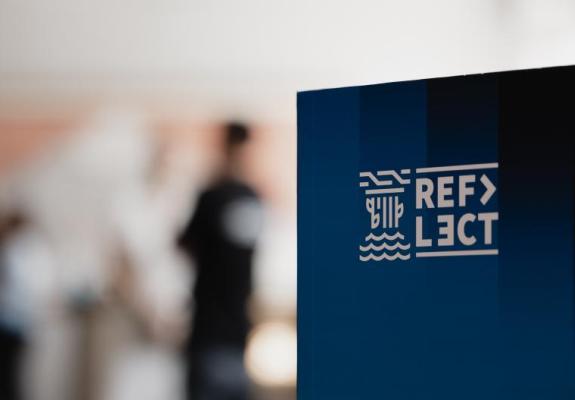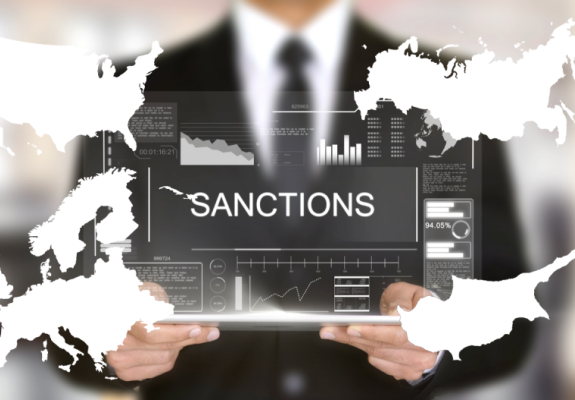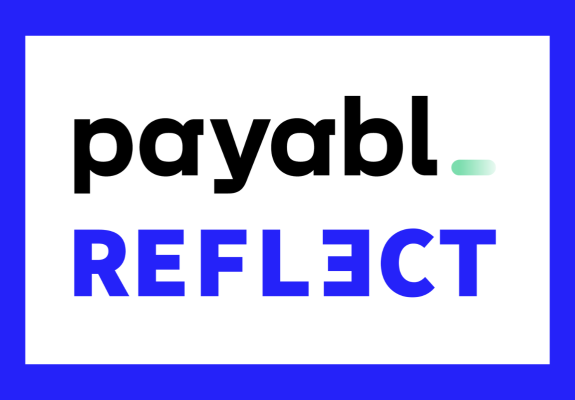Cyprus' First Natural Gas is Likely to Come from the Cronos Field by 2027
Minister Papastasiou Discusses Cyprus’ Natural Gas Prospects and Electricity Connection with Greece
In a recent interview with Kathimerini tis Kyriakis, Cyprus’ Minister of Energy, George Papastasiou, spoke about the progress in utilizing the country's natural gas reserves and the status of the Cyprus-Greece electrical interconnection project. According to the Minister, Cyprus' first natural gas might come from the "Cronos" field.
Regarding the Republic of Cyprus’ decisions on participating in the electrical interconnection project, Papastasiou stated that due diligence results are expected by late November.
"The first Cypriot natural gas is likely to come from the Cronos field in Block 6," Papastasiou said, estimating this development will occur by 2027. He also mentioned that ExxonMobil is expected to conduct an exploratory drilling operation at the "Electra" target in Block 5 and another in the "Glaucus" field in Block 10 to confirm the quantities by early 2025.
Papastasiou also discussed the Aphrodite gas field, revealing that Chevron has presented a preliminary development plan that seems to align with the desired direction. "The goal is for the plan to be completed within four months without any surprises at the end of the process," he noted.
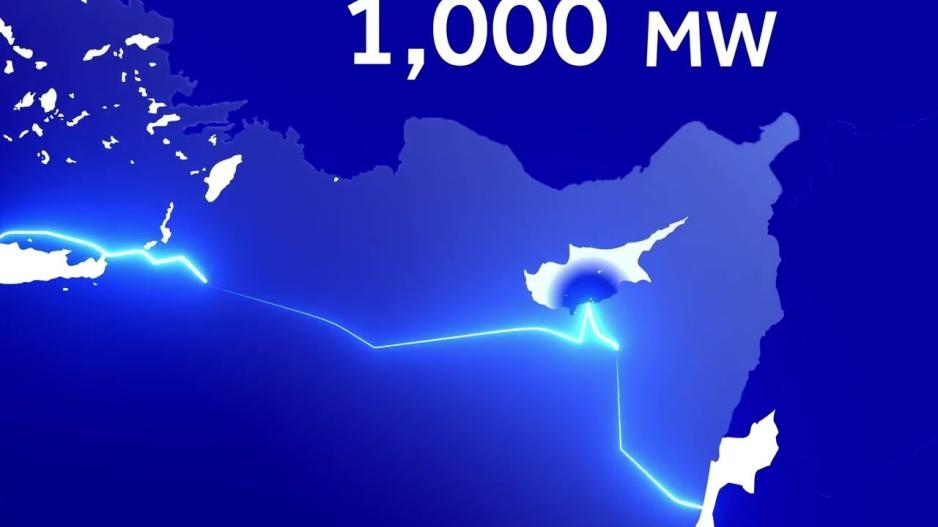
Speaking about the Cyprus-Greece electrical interconnection, Papastasiou mentioned that the President of the Republic, Nikos Christodoulides, has committed to Cyprus' participation in the project’s share capital, provided that the upcoming due diligence report is favorable. He further added that by the end of 2025, a reduction in electricity bills could be expected, assuming the resumption of work on the land terminal and the availability of the necessary vessel.
When asked whether relations between Cyprus and Greece have been strained due to the interconnection project, the Minister stated that the bond between the two countries remains strong and cannot be shaken by any single project, no matter how significant. He explained that the project implementer had already taken on the task while there were contractual and financial obligations in place, which needed to be managed promptly. "However, state decision-making processes, as you can understand, follow different procedures. This created some discussions, but not between the two governments, and I will leave it at that," he added.
Regarding the project's cost, Papastasiou pointed out that the initial estimate of €1.5 billion has been revised to €1.9 billion due to the rising cost of construction materials, mainly attributed to the war in Ukraine. He clarified that the final cost will be determined by contracts, noting that the largest contract, valued at €1.4 billion, has a margin of 5%. The company believes it can complete the project within this margin. If an extension beyond 5% is required, the project implementer will need to justify the increase to regulators and seek approval.
The decision on whether the government will participate in the project will be made after the due diligence report and a cost-benefit analysis. The Minister explained that the tender for the due diligence report will be awarded in the coming days to an assessment firm, with preliminary results expected by late November.
The project is expected to be completed by the end of 2029, according to the implementer, said the Minister, responding to questions about the timeline. He added that the Cypriot government has agreed to pay €25 million annually, with a total cap of €125 million over the five-year construction period. He emphasized that Cypriot consumers will only start paying for the interconnection once they see tangible benefits from its operation.
Regarding the geopolitical risks involved, the Minister stated that they are manageable. He stressed that the project is a European one and expressed confidence that it will be completed as planned. Risk management, he explained, involves operational, financial, and diplomatic tools, with countries that have the necessary capabilities utilizing operational means. However, he highlighted the importance of financial instruments, noting that "countries with economic or geopolitical interests through investment funds may also have an operational presence to ensure the project’s completion."
